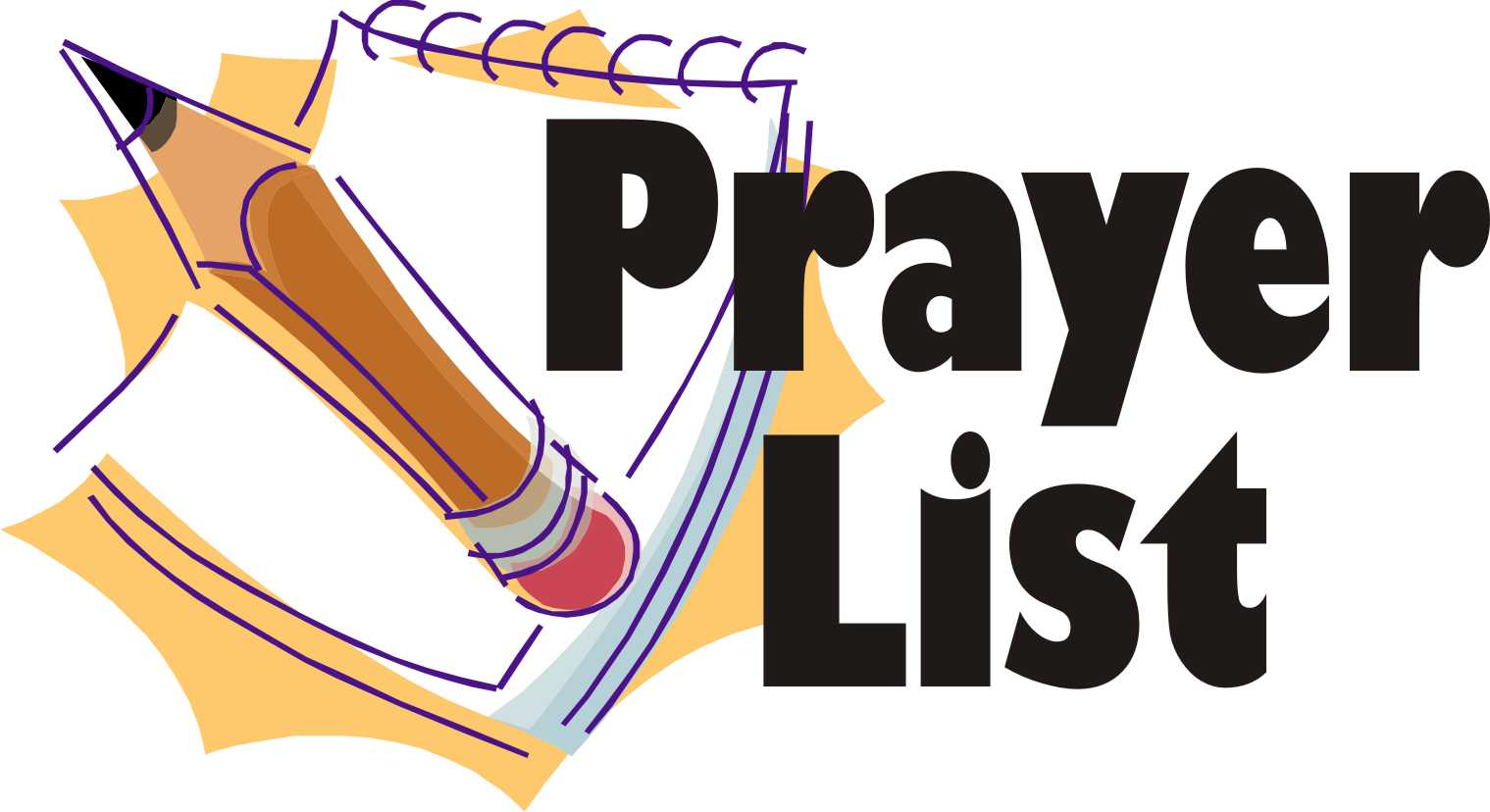Rise Up, O Men (and Women) of God

It’s a song we don’t sing very often anymore. Written in 1911 by William P. Merrill, this song has a command we don’t often hear from those in leadership positions today. The first verse reads: “Rise up, O men of God! Have done with lesser things; give heart and mind and soul and strength to serve the King of Kings.”
As I have been studying the book of Nehemiah lately, this song kept coming to my mind. The strength of Nehemiah’s leadership in the face of so much opposition has invaluable lessons for us today.
Six Traits that Made Nehemiah a Great Leader
Nehemiah was a man of passion. When he learned about the remnant who were in shame and the condition of the wall and gates surrounding Jerusalem, he wept and mourned over the state of that great city. How many of us today have shed tears, fasted, and mourned for the weakened condition of the church in so many places?
Nehemiah was a man of prayer. He turned to the only Source of all good blessings in his time of trouble. I have taken the time to color all of the times that Nehemiah prayed in this short book. I find it refreshing to thumb through the pages and see the times that he turned to God in prayer. Sometimes they were long prayers, and sometimes they were short utterances, but they were sent to the “Lord God of heaven, the great and awesome God who keeps covenant and steadfast love with those who love him and keep His commandments.” Do I recognize this great source of strength?
Nehemiah was a planner. It seems very obvious to me that Nehemiah had spent some time in thinking through what he would need in order to complete the task of rebuilding the wall, should he get the opportunity to do so. He needed time off, confirmation from the king that he had the authority to travel to Jerusalem, and letters for the timber he would need to rebuild the gates that had been burned. How often to I devote time to planning something that will help build up God’s Kingdom, the church?
Nehemiah was a partner. After surveying the damage and assessing the work that was before them, he makes one of the most powerful statements in this account. “Come, let us build the wall of Jerusalem, that we may no longer suffer derision” (2:17, emphasis added). Rather than sitting back and expecting others to do the work, he joined in helping with rebuilding the walls and gates of Jerusalem. Do I ever think that the work is for someone else to do, or do I willingly join in with others to accomplish what needs to be done for the Lord?
Nehemiah was opposed from without and within. He was ridiculed, discouraged by friends and enemies, talked about falsely, and met with opposition on every side. In every instance, he met these darts of the devil with prayer and courage. He not only showed the strength that a man of God should have in times of trial, but also the way to respond to such opposition. How often when I am opposed is my first thought to pray and then calmly respond to the opposition?
Nehemiah was a provider. He provided courage and help for rebuilding the wall which gave the city of Jerusalem physical protection. He then began to make provision for the spiritual protection of those people who would reside in that territory. Ezra was called to bring the Book of the Law of Moses and he read it before the people – “the men and women and all those who could understand. And the ears of all the people were attentive to the Book of the Law” (8:3). Am I attentive to God’s Word today, and do I see it as the provision of protection for my life?
Conclusion
The lessons from Nehemiah could go on and on, but I hope that if you haven’t studied this book lately, this short list will whet your appetite to dig into the text and apply these lessons to your life.
Rise up, O men (and women) of God. Face the opposition with the help of the same powerful God who helped Nehemiah so long ago.
“Lift high the cross of Christ!
Tread where His feet have trod;
As brothers of the Son of man,
Rise up, O men of God!”
To Receive Every Post from A Legacy of Faith through Email for Free, Click Here
AUTHOR: Donna Faughn
Photo background credit: David Amsler


